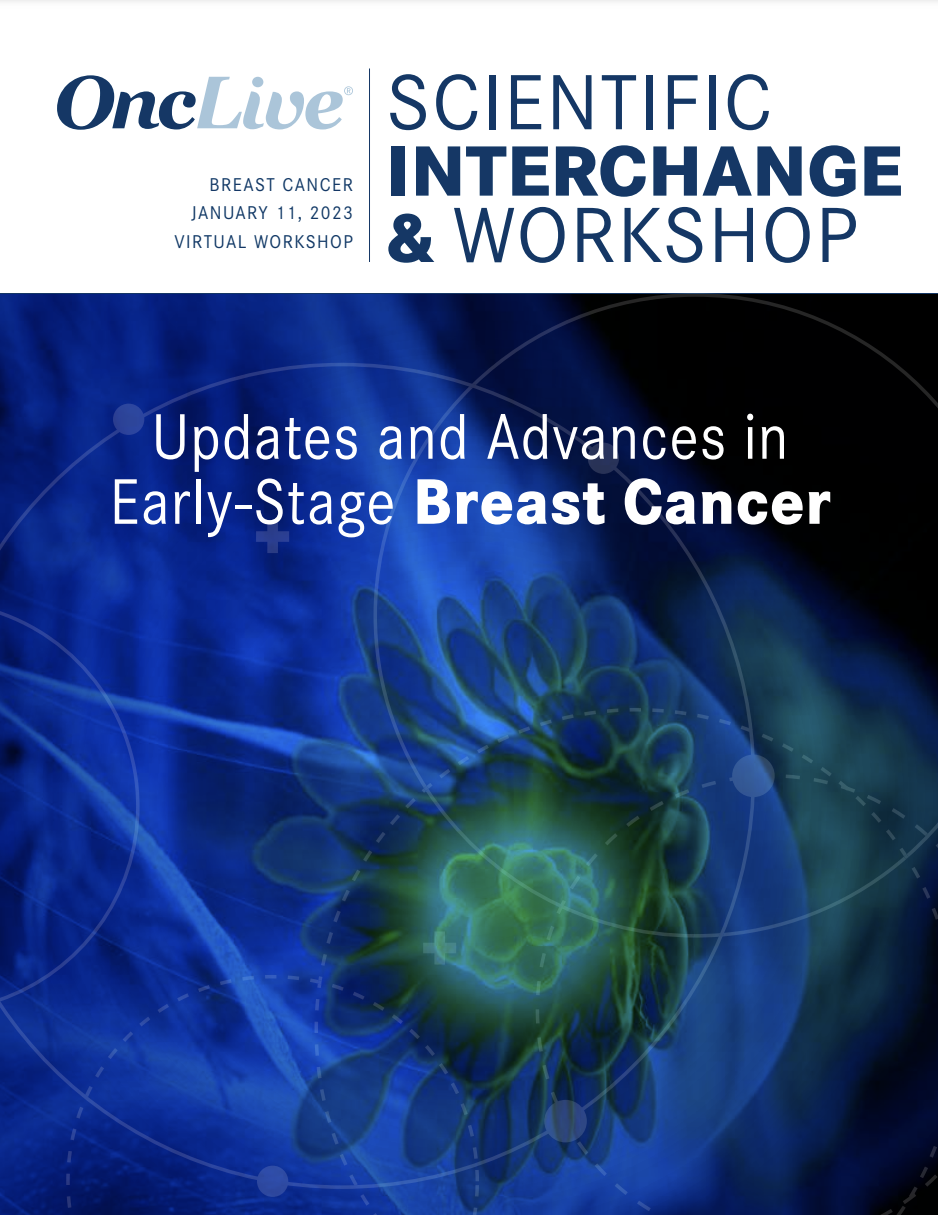Commentary
Video
Dr Liao on Selecting Between First-Line Monotherapy and Combination Approaches in HCC
Author(s):
Chih-Yi Liao, MD, discusses key considerations for the selection of single-agent vs combination regimens in frontline metastatic hepatocellular carcinoma.
Chih-Yi Liao, MD, associate director, Gastrointestinal Oncology; co-director, Neuroendocrine Tumor Program; assistant professor of medicine, UChicago Medicine, discusses key considerations for the selection of single-agent vs combination regimens for patients with metastatic hepatocellular carcinoma (HCC) in the front line.
The first-line treatment armamentarium in HCC has expanded significantly, with several doublet regimens now FDA approved, Liao begins. These include combinations such as atezolizumab (Tecentriq) and bevacizumab (Avastin), as well as durvalumab (Imfinzi) and tremelimumab (Imjudo), he details.
Additionally, positive results from the phase 3 CheckMate-9DW study (NCT04039607) evaluating the combination of ipilimumab (Yervoy) and nivolumab (Opdivo) were presented at the 2024 ASCO Annual Meeting, Liao reports. These data will likely support the combination's FDA approval in the near future, he adds.
With multiple regimens to choose from, the general approach for fit patients, those with good liver function (Child-Pugh A), and without contraindications, is to administer doublet therapy rather than monotherapy, Liao states. Doublet therapy is generally more effective than monotherapy, as according to the current body of evidence. However, in certain situations where patients may have contraindications to a certain drug, are frailer, or have poor liver function, monotherapy might be the preferred option, Liao explains.
Deciding between immuno-oncology (IO) plus TKI combinations vs IO/IO regimens requires consideration of the patient's overall health and comorbidities, Liao continues. For instance, patients with significant cardiovascular comorbidities, such as uncontrolled hypertension, may not be suitable candidates for anti-VEGF therapy, he says. In such cases, an IO-IO regimen might be more appropriate, Liao advises.
Given the lack of head-to-head comparisons between these approaches, treatment decisions are currently individualized based on what is deemed the best fit for the patient, Liao emphasizes. This individualized approach accounts for the patient's specific health conditions and potential treatment-related toxicities, he concludes.







%20u.jpg?fit=crop&auto=format)

